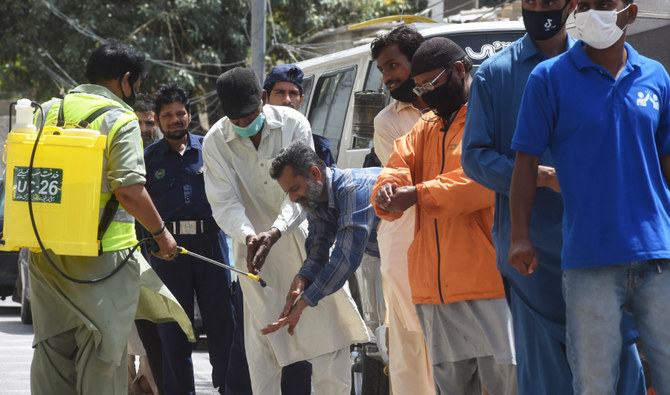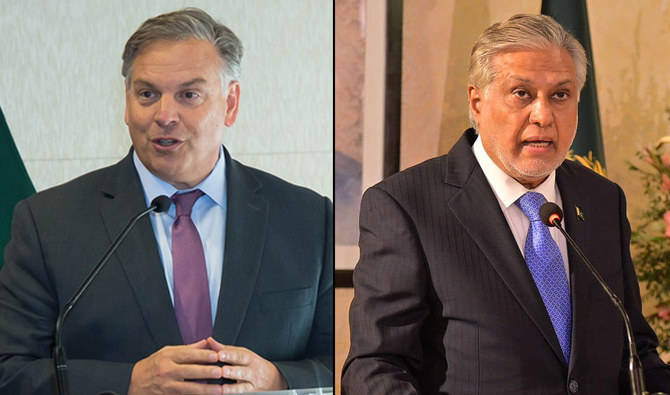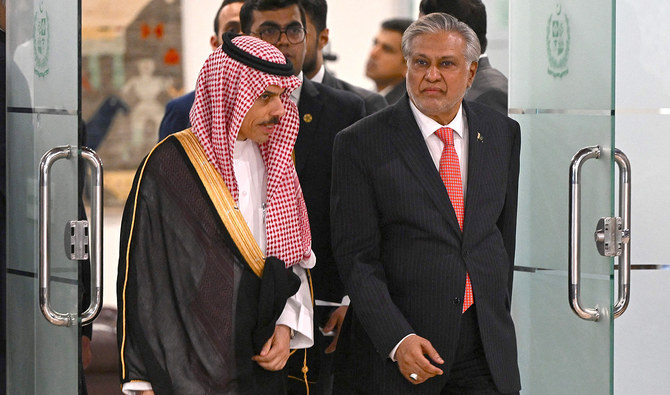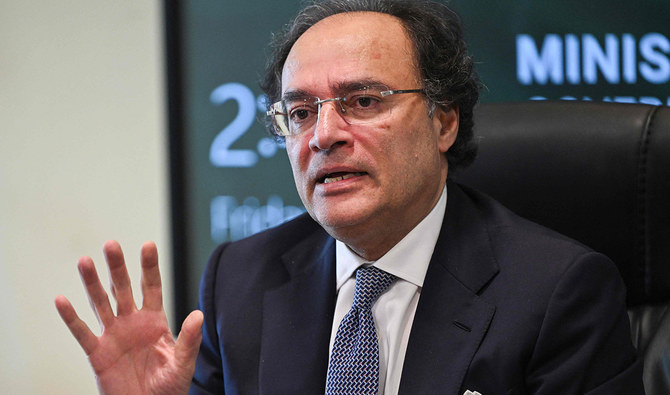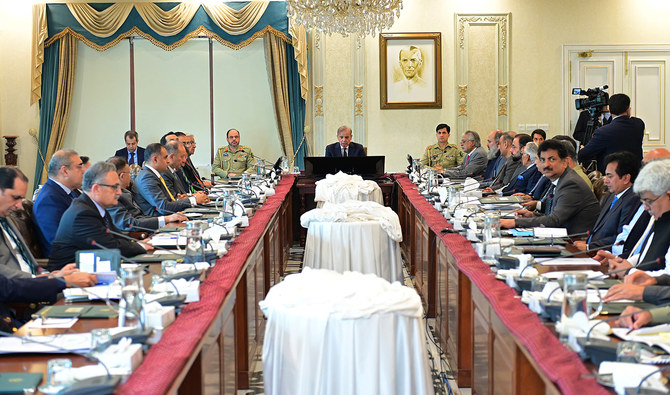KARACHI: As demand for soaps and hand sanitizers increases owing to virus outbreak, manufacturers say the production could slowdown in the coming months due to supply chain disruption caused by lockdown restrictions in the country.
“The demand for soap has increased by more than 30 percent since the coronavirus outbreak in Pakistan as its extensive use has been recommended by health experts,” Aamir Abdullah Zaki, a leading soap manufacturer and member of the Central Executive Committee of the Pakistan Soap Manufacturers’ Association (PSMA), told Arab News on Wednesday.
However, referring to the lockdown situation in the country, he says that meeting the growing demand will not be easy “due to the industrial shutdown and non-availability of labor and packaging material.”
The manufacturers say that normal consumption of soap, liquid and bars, in the country usually stands at 250,000 tons per year. However, there has been a dramatic surge in its demand in recent weeks that may require an overall production of 325,000 tons.
“The supply problem and labor shortage can result in an estimated decline of 40,000 to 50,000 tons, increasing the prices of our product significantly,” Zaki said.
A team of visiting Chinese experts that interacted with a group of journalists in Karachi on Wednesday emphasized that there was no medical solution to COVID-19, and the only effective way to deal with the virus was to adopt preventive measures and good hygiene practices.
Soaps and hand sanitizers are the most commonly recommended antibacterial products. Their use has also been endorsed by the World Health Organization (WHO) and independent health experts.
But soap is not the only product that has witnessed an unprecedented surge in its demand recently.
“You can say that the demand for hand sanitizers has increased by more than 1,000 percent,” Salahuddin Shaikh, who makes hand sanitizers, told Arab News.
“The price of isopropyl alcohol, the main ingredient used while making this product, has gone up from Rs 170 per liter to Rs 650, an increase of 282 percent, while the price of carbopol, a gelling agent, has surged by 1,289 percent. It used to be Rs 1,800 per kilogram, but now it sells for Rs 25,000,” Shaikh continued.
Keeping in view the increasing demand for hand sanitizers, many people in Pakistan have started their production. This has brought down the prices of its different variants that had shot up when the country reported its first coronavirus case in February 2020.
While warning about a possible production slowdown in the coming days, Pakistani importers and manufacturers also complain about the slow clearance process of chemicals and other related raw material used for making disinfectants.
“Importers are facing problems while lifting cargo from the ports due to the demurrage charged by terminal operators and detention charges that are paid to shipping lines. Our business community is therefore seeking relief from the government,” Amin Yousuf Balgamwal, Chairman of the Pakistan Chemicals and Dyes Merchants’ Association, told Arab News.



